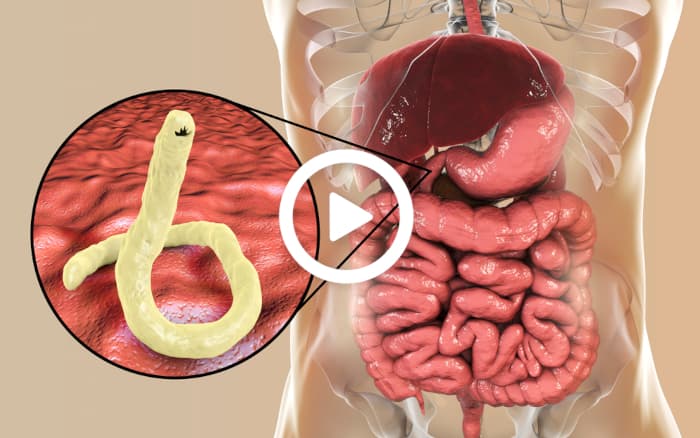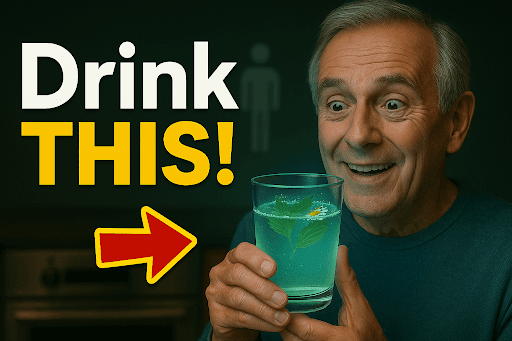How to Identify and Overcome Weight Loss Plateaus | Dr. Allan Bacon
In this episode of the Dr. Gabrielle Lyon podcast, special guest Dr. Alan Bacon shares insights from his unique journey—from practicing dental surgery to becoming a dedicated nutrition and training coach. His personal story and academic background set the stage for profound discussions on effective weight loss strategies, debunking popular myths and showcasing realistic, sustainable health practices.
Dr. Alan Bacon practiced dental surgery for a decade before transitioning into the fitness and wellness industry. A pivotal moment involved his father’s battle with throat cancer, pushing him to reevaluate life priorities. Encouraged by personal and professional supports, Dr. Bacon entered the supplementation and nutrition realm, co-founding a coaching initiative with his accomplished wife, a decorated athlete herself. His story not only inspires but also resonates with listeners who face career crossroads and personal growth dilemmas.
Addressing the prevalent weight loss recidivism issue, where over 80% of dieters regain weight, Dr. Bacon and Dr. Lyon discuss metabolic adaptations and inaccuracies in diet management as significant contributors. They emphasize why some individuals experience metabolic discord—weight loss plateaus that can be biologically protective. When caloric intake isn’t thoroughly tracked, perceived stalls are often results of overlooked inconsistencies, both in tracking habits and consuming extracurricular calories. Their advice pivots on honest dietary tracking and acknowledging physical activities beyond structured exercise.
Dr. Lyon investigates how psychological factors and emotional eating contribute to the challenge of maintaining weight loss. Emphasizing the ability to distinguish between emotional and real physical hunger, Dr. Bacon advises using tools like food diaries and self-reflective questions such as the “Apple Test.” These methods help understand personal triggers and moments of adaptive eating behavior, allowing individuals to rein strategize—not merely their caloric dynamics but also their environmental and mindset connections to food.
Dr. Bacon provides credible insights into performance supplements and possible health supplements like creatine, omega-3 fish oil, and selected vitamins. Reflecting preferences for well-dosed nutrients backing scientific validation, he underscores the contextual use of these nutriments to personalized athlete targets or overall population welfare strategies. Further, discussion opens into structural components that help supplement-intake efficiency and synergistic cellular operations without politicalizing their daily reliance.
Both professionals agree on distilling complex weight management concepts into actionable, simple, psychologically grounded frameworks. Replacing extensively advertised product dependencies with intuitive personal belief harnessed in socio-individual settings could advance peoples' achievable results. Driven by consistency in reading emerging studies, both doctors promote continuing education as vital toward applying healthy transformations realistically. Each takeaway enfolds personalized paths supporting broad metamorphoses within relatable yet scientifically-assisted scope toward common communal empowerment.
From Around The Web
Wellness Inbox is a blog & weekly newsletter that curates trending news and products related to health and wellness from around the web. We also gather content from various sources, including leading health professionals, and deliver it directly to you.
Please note that we may receive compensation if you purchase any products featured in our newsletter. Wellness Inbox is not affiliated with, nor does it endorse, any health professionals whose content may appear in our newsletter. The information provided is for general informational purposes only and should not be considered medical advice.
The information provided is not intended to replace professional medical advice, diagnosis, or treatment. All content, including text, graphics, images, and information available is for general informational purposes only. We do not guarantee the accuracy or completeness of any information presented and assume no liability for any errors or omissions. The content is subject to change without notice. We encourage you to verify any information with other reliable sources and consult your physician regarding any medical conditions or treatments.







